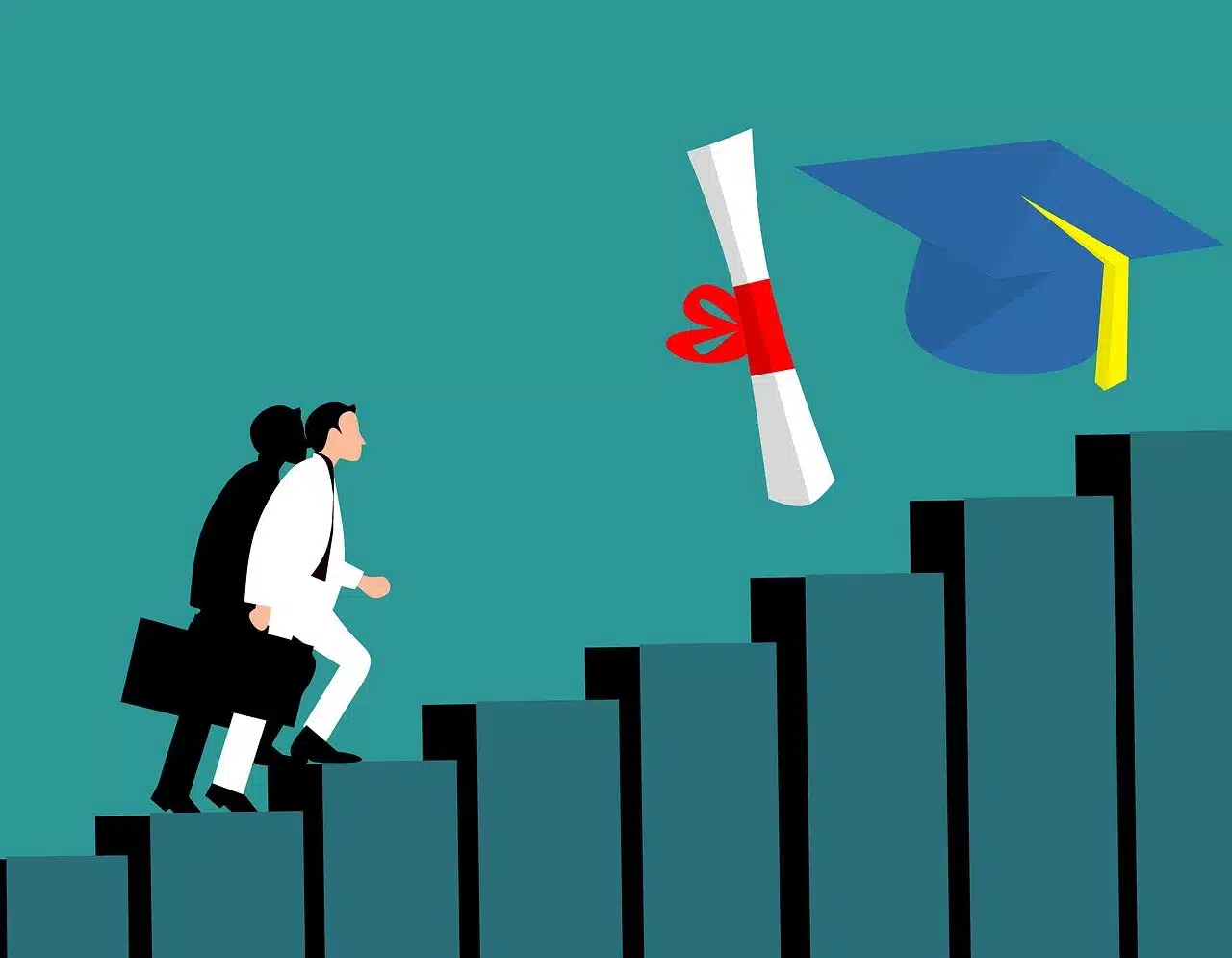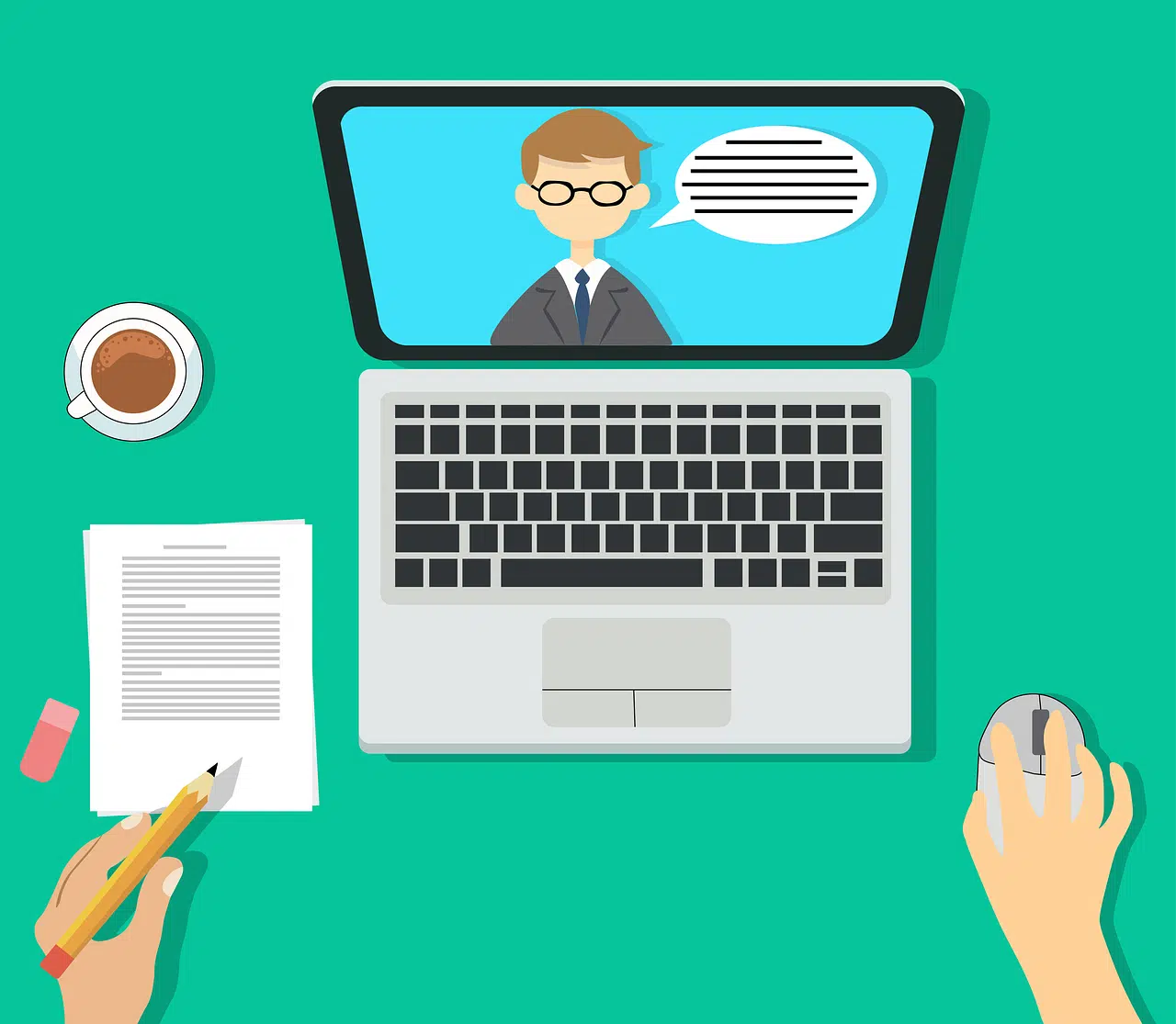
Study makes learning possible.
Learning is a process of acquiring knowledge, skills, values and attitudes, made possible through study , teaching or experience. This process can be understood from various positions, which implies that there are different theories linked to the fact of learning. Behavioral psychology, for example, describes learning according to the changes that can be observed in a subject's behavior.
The fundamental process in learning is imitation (the repetition of an observed process, which involves time, space, skills and other resources). In this way, children learn the basic tasks necessary to survive and develop in a community.
Learning in people and animals
Human learning is defined as the relatively invariable change in a person's behavior as a result of experience. This change is achieved after establishing an association between a stimulus and its corresponding response.
The ability is not exclusive to the human species, although in humans learning was established as a factor that surpasses the common ability of the most similar branches of evolution. Thanks to the development of learning, humans have managed to achieve a certain independence from their ecological environment and can even change it according to their needs.
Pedagogy establishes different types of learning. We can mention discovery learning (the content is not received passively, but is reordered to adapt it to the cognition scheme), receptive learning (the individual understands the content and reproduces it, but is unable to discover something new), meaningful learning (when the subject links his previous knowledge with the new and provides it with coherence according to his cognitive structure) and repetitive learning (produced when the data is recorded in memory but without understanding it or linking it with previous knowledge).
Different theories
As defined by Isabel García , learning is all that knowledge that is acquired from the things that happen to us in daily life: in this way terms, skills, etc. are learned. This is achieved through three different methods: experience, instruction and observation.
For Patricia Duce , one of the things that considerably influences learning is the interaction with the environment and with other individuals. These elements modify our experience, and therefore, our way of analyzing and appropriating information. Through learning, an individual can adapt to the environment and respond to the modifications and actions that develop around them, changing if necessary to survive.
There are many other theories about why and how human beings access knowledge, such as that of Iván Pávlov , who states that knowledge is acquired from the reaction to simultaneous stimuli; or Albert Bandura 's theory, in which it is said that each individual creates their own way of learning according to the primitive conditions they have had to imitate models. For his part, Jean Piaget addresses the issue by exclusively analyzing cognitive development.
Learning theories attempt to explain the way in which meanings are structured and new concepts are learned. A concept serves to reduce learning to a point in order to decomplex it and be able to grasp it; not only to identify people or objects, but also to order them and classify reality, so that we can predict what will happen. At this point, we can affirm that there are two ways to form concepts: the empiricist way (it is done through a process of association, where the subject is passive and receives information through the senses) and the European way (it is achieved through the reconstruction , the subject is active and is responsible for building learning with the tools available to him).

Thanks to learning, it is possible to develop an academic career and achieve a degree.
Learning and education
Learning is often closely linked to education . Education is the instruction or training that is carried out through the intervention of a teacher , a teacher , a tutor or another authority figure. The educator, in this framework, transmits knowledge to the student by implementing different activities.
The educational system is one of the most frequent learning environments. Depending on the age and level of education, the person goes to kindergarten, school , institute, university or other establishment to learn in a systematized way and reaching different grades.
The teacher , in this framework, can resort to various methodologies to promote the learning of their students. Beyond the chosen methodology, the important thing is that it explains the contents in a didactic way.
In formal education , the topics to be learned are usually organized into subjects or subjects , which in turn are structured into a study plan . To know if the learning objectives have been met, it is common for students to take tests and exams, obtaining a grade based on what they have learned.
critical thinking
Although learning can be achieved through repetition and memorization of concepts, it is generally considered that the most valuable and useful thing is to encourage reasoning to achieve a broad understanding of the topics. This way, critical thinking can be developed and problem-solving skills are increased.
Critical thinking is understood as the intellectual process that leads to questioning those statements that are presented as true. In this way, those who manage to forge critical thinking are prepared to question reality .
The educator, in this way, does not have to force his students to repeat what was taught in class. On the contrary, it should encourage them to pay attention to details and the environment and to use creativity to build their own concepts.

Many training centers offer the possibility of developing a distance learning process.
The importance of learning
It can be said that learning consists of one of the basic functions of the human and animal mind and artificial systems, which is the acquisition of knowledge from certain external information.
It should be noted that at the moment in which all human beings are born, except those who are born with some disability , we have the same intellect or intelligence and that depending on how the learning process develops, it will be used to a greater or lesser extent. said intellectual capacity.
Learning is acquiring, analyzing and understanding information from outside and applying it to one's own existence. When learning, individuals must forget preconceptions and acquire new behavior. Learning forces us to change behavior and reflect new knowledge in present and future experiences. To learn, in short, three essential acts are needed: observe, study and practice .
The new technologies
We cannot fail to mention that, thanks to innovation and the digital tools that exist today, the learning possibilities are multiplying. There are numerous educational platforms and resources available to any individual with Internet access.
Distance learning eliminates geographical distances: you don't have to live in a specific city to learn. Furthermore, this online learning can often be carried out according to the student's schedule, so it is not essential to respect schedules or allocate a certain number of hours to training.
Today's educational technology allows everything from autonomous learning of an activity through video to the completion of a university graduate degree through a computer or telephone. Although in many cases it is necessary to pay for education, there are countless training proposals available to Internet users that do not require payment and even offer a certification that can help enrich the curriculum vitae.
